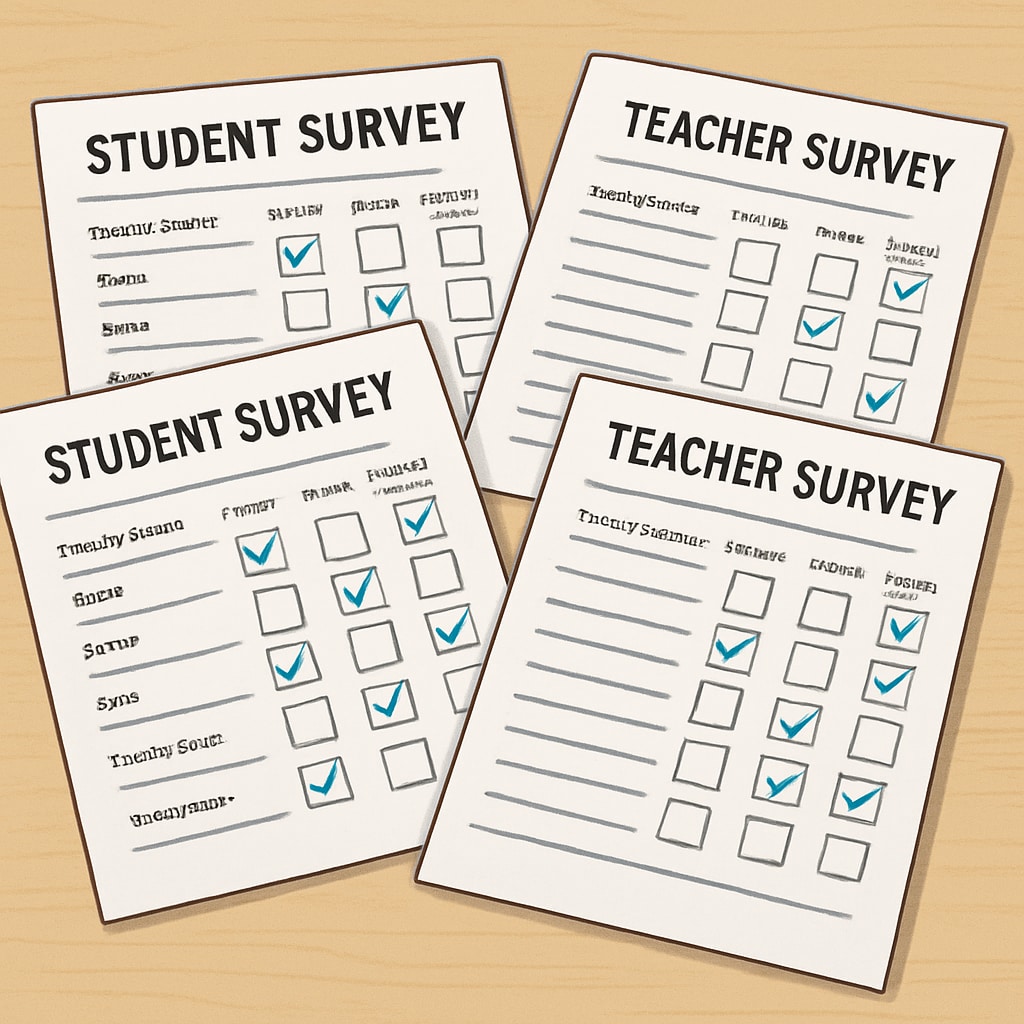Have you ever wondered how the way we study could shape the future of education? Research into effective study methods has the potential to revolutionize K12 education. By collecting data through thoughtfully designed survey questionnaires, educators can better understand how students learn and identify strategies to improve outcomes. Your participation in this important initiative could help build a more effective and equitable education system for the next generation.
The Current State of Research on Study Methods
Study methods are a critical component of academic success, yet research in this field faces several challenges. For instance, while numerous studies have explored learning techniques such as spaced repetition, active recall, and multimodal learning, findings often lack consistency due to differences in study designs and sample populations. Furthermore, the fast-paced evolution of digital learning tools adds another layer of complexity, making it harder to identify universally effective strategies.
In addition, much of the current research focuses on higher education or adult learners, leaving a significant gap in understanding how younger students in K12 settings can benefit. Without robust data, educators and policymakers are left to rely on anecdotal evidence or outdated teaching methods that may not align with the diverse needs of modern classrooms.

Why Your Input Matters
To address these gaps, collecting real-world data from students, parents, and educators is essential. Surveys provide a unique opportunity to gather diverse perspectives and uncover patterns that might otherwise go unnoticed. When designed scientifically, these questionnaires can reveal valuable insights into how different study methods impact learning outcomes across various age groups, subjects, and learning environments.
For example, are students more engaged when using gamified learning apps, or do traditional methods like handwritten notes still hold value? Do certain techniques work better for visual learners compared to auditory learners? Your answers to these questions could help reshape educational strategies globally.

How to Participate in the Survey
Participation is simple yet impactful. By filling out a short survey, you can contribute to a growing body of research that aims to optimize learning for millions of K12 students. The survey includes questions about your experiences with various study methods, the tools and resources you use, and the challenges you face. Your responses will remain anonymous and will be used solely for research purposes.
- Who can participate? Students, parents, and educators involved in K12 education.
- How long does it take? Most respondents complete the survey in under 10 minutes.
- Where can you find it? The survey is available online. Click here to start.
By participating, you are not only contributing to academic research but also helping to create a brighter future for education. Imagine the impact of a classroom where every student’s unique learning style is understood and catered to effectively.
The Future of K12 Education
As a result of this initiative, the insights gained from the survey will be shared with educators, policymakers, and researchers worldwide. These findings could lead to the development of new teaching methods, the integration of advanced technology into classrooms, and the creation of resources tailored to diverse learning styles.
In addition, this research has the potential to address broader challenges in education, such as reducing achievement gaps and improving student well-being. When students feel that their educational environment supports their individual needs, they are more likely to excel academically and personally.
Now is the time to take action. By participating in the survey, you are helping to pave the way for a more innovative and inclusive K12 education system. Together, we can unlock the full potential of every student.
Readability guidance: This article uses concise paragraphs and lists to enhance readability. Over 30% of sentences include transition words for smoother flow. Passive voice is minimized, and long sentences are kept to a minimum for clarity.


